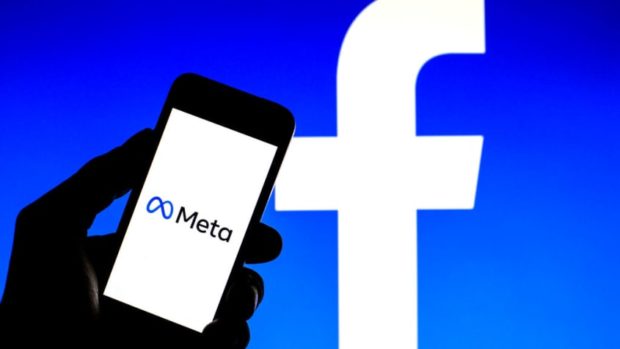
EU demands answers from Meta over closure of CrowdTangle
The European Commission is questioning Meta’s decision to discontinue CrowdTangle, a key transparency tool. Concerns about data access and compliance with the Digital Services Act are growing.
CrowdTangle was a widely used transparency tool developed by Meta Platforms Inc, the parent company of Facebook and Instagram. CrowdTangle was acquired by Meta in 2016 and allowed researchers, journalists and watchdog organisations to analyse public content on social media and track trends, including disinformation and hate speech. The tool was instrumental in providing insight into how information spreads on social platforms, contributing significantly to maintaining democratic processes and public accountability.
On 14 August 2024, Meta officially discontinued CrowdTangle due to the tool’s limitations in providing a comprehensive overview of platform activity. According to Meta, the decision was part of an effort to introduce new tools that reportedly offer more complete data and better privacy and security standards. However, this has led to widespread criticism from the research and civil society communities, who argue that CrowdTangle was an essential source for monitoring online disinformation, especially in the run-up to key elections.
The European Commission’s main concern relates to Meta’s compliance with the Digital Services Act (DSA), which imposes greater transparency and accountability of online platforms regarding harmful content. The shutdown of CrowdTangle has raised alarms about Meta’s commitment to these regulations. It is particularly interested in understanding how the new tools will replace CrowdTangle’s functionalities, especially in the context of elections.
Meta has introduced the Meta Content Library and Content Library API as replacements for CrowdTangle. These new tools are designed to meet regulatory requirements and Meta’s privacy and security standards. However, access to these tools is limited to academic institutions and nonprofit organisations, which excludes many journalists and commercial entities. Critics claim that the Meta Content Library lacks some key features that made CrowdTangle invaluable, such as real-time tracking of social media statistics and the ability to analyse historical data.
The closure of CrowdTangle has important implications for future research and transparency in social media monitoring. Researchers and journalists have expressed concern that the new tools do not offer the same level of accessibility and functionality, potentially hampering efforts to detect misinformation and hold platforms accountable. The European Commission’s ongoing investigation will determine whether Meta’s new tools comply with the DSA and adequately support transparency and access to data.
Meta has until 6 September 2024, to respond to the European Commission’s inquiries. The company has stated that it is gathering feedback from hundreds of researchers to improve the Meta Content Library. Depending on Meta’s response, the Commission may take further actions, including interim measures or decisions not to comply. The outcome will greatly affect future regulatory actions and Meta’s ability to operate within the EU’s strict digital regulatory framework.




Subscribers 0
Fans 0
Followers 0
Followers